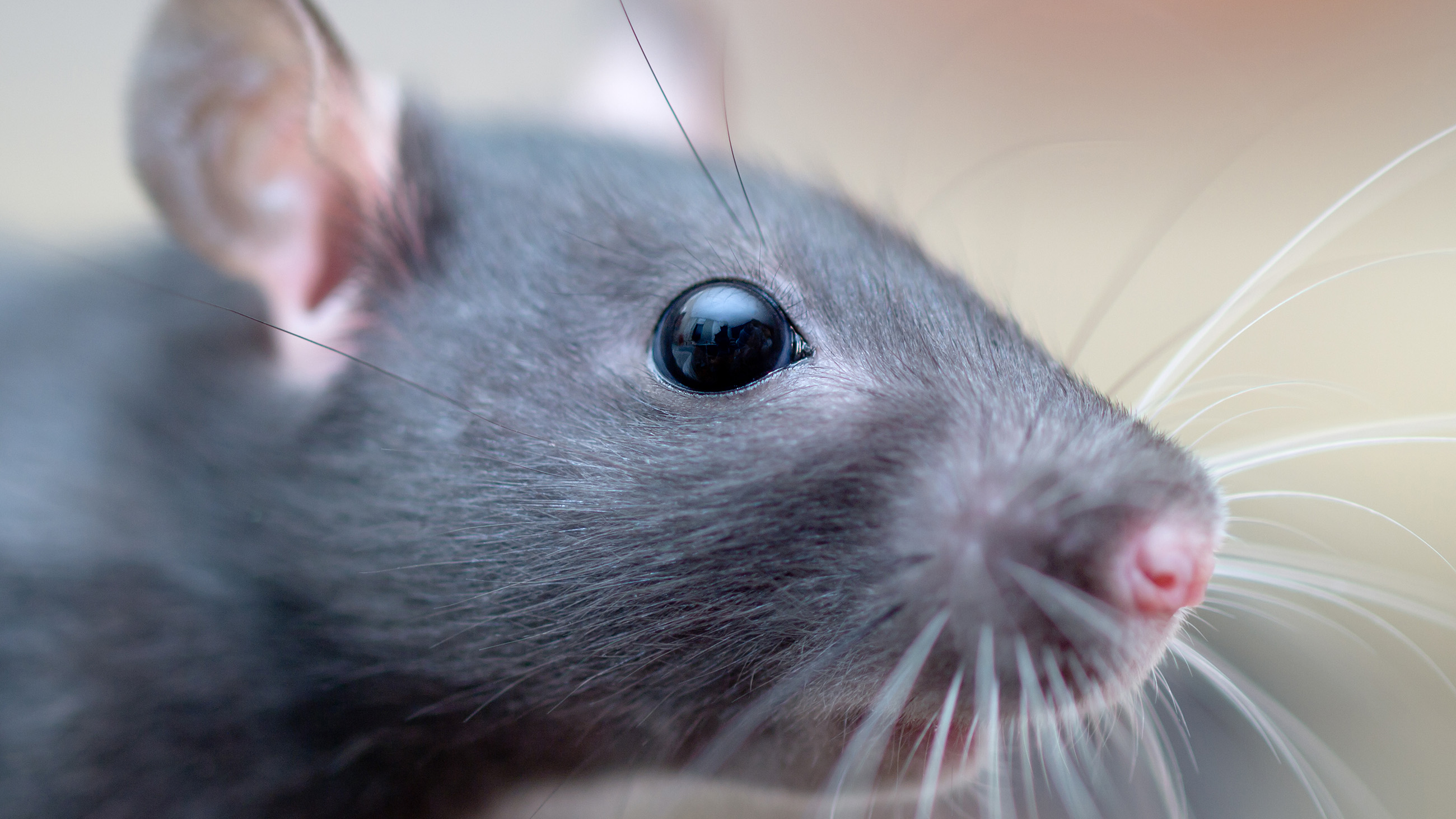Abstracts: Internet Attacks, Super Post-Its, Pluto, and More
• Last Friday, we were under attack (so to speak). Hackers successfully took down a piece of the internet for several hours, affecting major sites like Twitter, Spotify, Etsy, and GitHub. (NOVA Next)

• Lab rats have been filmed for the first time using hooked tools to obtain the ultimate prize: chocolate cereal. (New Scientist)
• Meet the E-Ink Post-It, the newest and most powerful sticky note. It receives updates from your computer or smartphone, and only uses power when it changes what’s displayed. (MIT Technology Review)
• What’s the best way to map the galaxy? By charting the concentration of neutral hydrogen, of course. Disclaimer: This took 10 years of research, 10 billion individual data points, and thousands of hours of telescope observations to do. (Christian Science Monitor)
• In 2005, paleontologist David Elliott was herding his sheep in Queensland, Australia when he stumbled upon a skeleton belonging to a new of dinosaur, which he nicknamed Wade. Now, 11 years later, Elliot and fellow researchers have given Wade an official name. (Washington Post)
• Pluto may have been demoted from planetary status, but it hasn’t completely disappeared from our radar. In fact, astronomers have just received some shocking news: it’s not the color we expected. (Discovery)
• In response to calls from animal activists, Johnson & Johnson will no longer use live animals to demonstrate surgical procedures to sales representatives. (STAT)
• Regular goats may have gone out of vogue. A team of scientists from China has engineered gene-edited goats that can produce a third more cashmere, which could eventually make it into your closet. (New Scientist)
• And finally, two recent studies could help clarify why people of African and European descent respond differently to infection. Researchers suggest that breeding with Neanderthals may have helped the latter adapt to new pathogens, influencing immune system development. (Scientific American)










